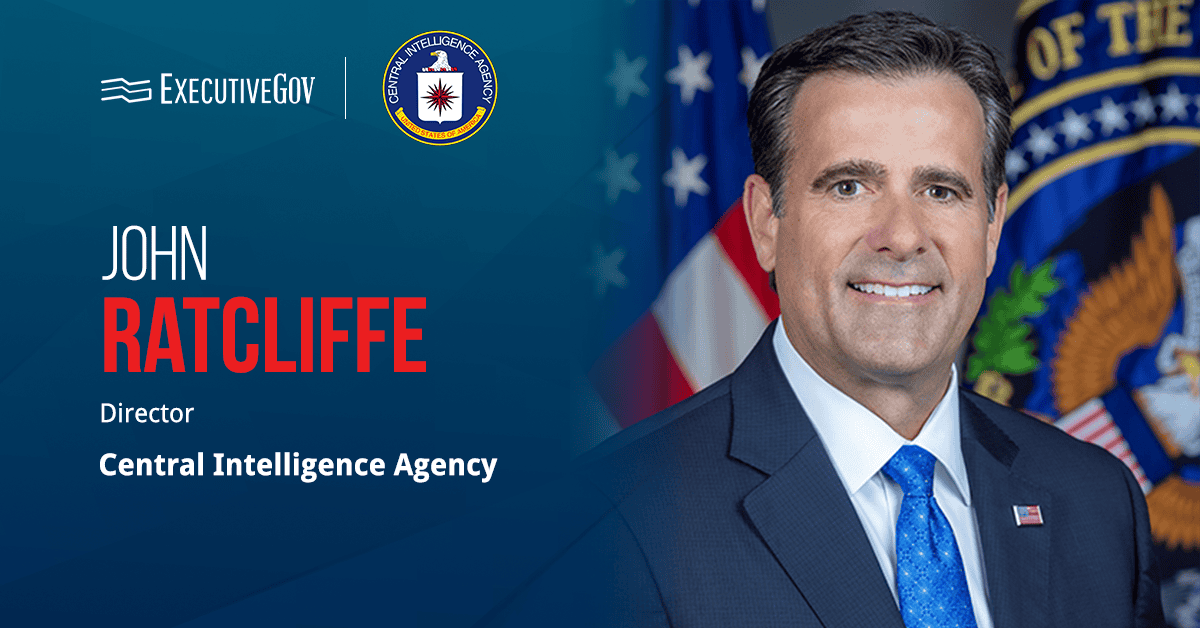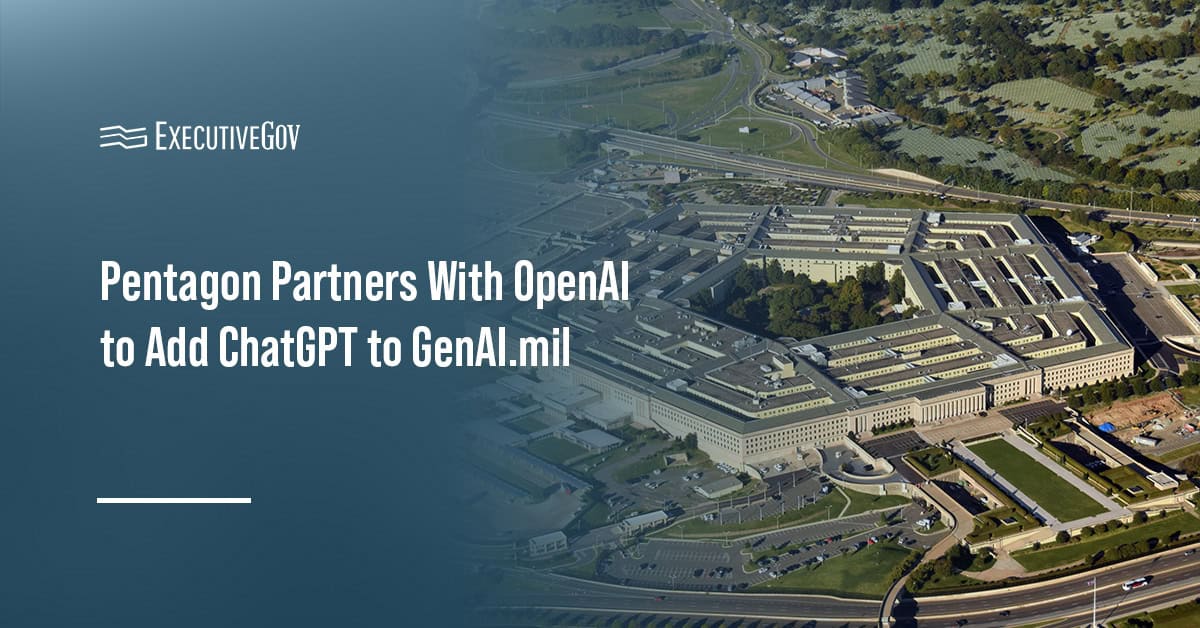 President Donald Trump has signed into law a package of bills that would allocate fiscal 2019 funds for the Department of Veterans Affairs, military construction and energy and water infrastructure.
President Donald Trump has signed into law a package of bills that would allocate fiscal 2019 funds for the Department of Veterans Affairs, military construction and energy and water infrastructure.A White House fact sheet published Friday says the minibus legislation would appropriate $86.5B in funds for VA, including $1.75B for MISSION Act programs, $1.1B for electronic health record system modernization and $8.6B for mental health services.
The measure would also allocate $15.14B for the country’s nuclear security strategy and $10.3B for 174 domestic and overseas military construction projects.
The Army Corps of Engineers would get $7B in fiscal 2019 budget to maintain the country’s water infrastructure.
The Energy Department would receive $13.4B in funds for energy initiatives, such as research-and-development work on nuclear and fossil energy technologies.





